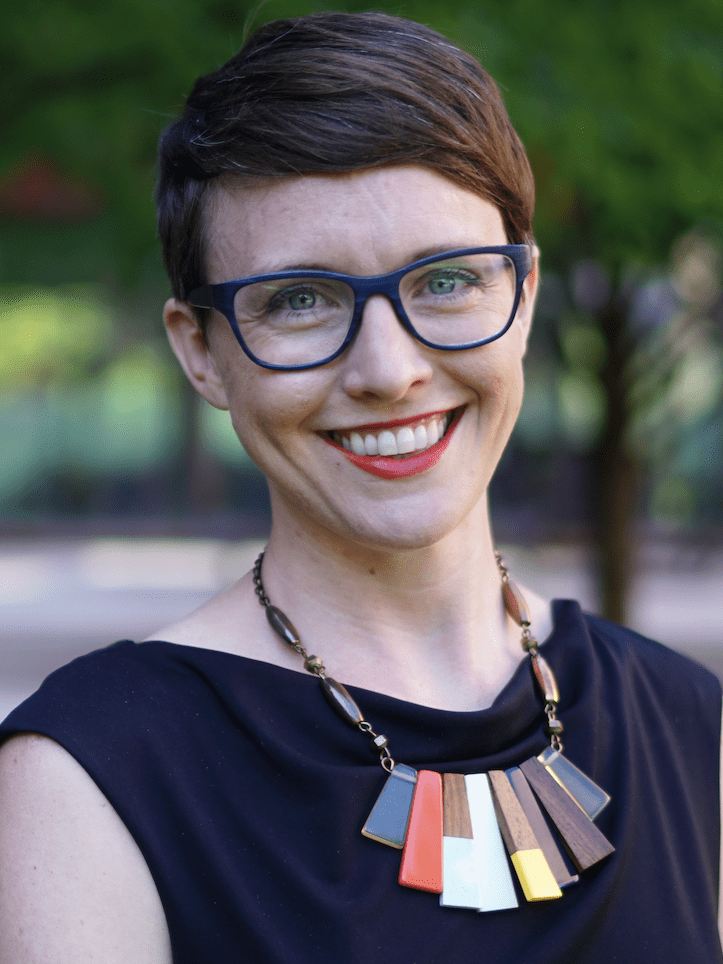Seminar description
Understanding disability as a cultural concept — not a medical condition or personal misfortune — that describes how human variation matters in the world, this course reads literary texts, films, and other representations of disability. Together, we will ask: how might disabled bodyminds offer a resource for artistic creation?
Reading drama, fiction, and poetry, we will consider how disability prompts new strategies of writing and thinking, in order to consider what new forms of representation disability can produce, and what the concept of disability can teach us about being human.
We will consider literary, visual, performative, and performance-based possibilities for bodies and minds that resist normative structures, theorize ideas of access, cure, and care, and claim disability as enlivening identity.
Get to know your professor
Katherine Williams

You can call me…
Professor Williams
I just can't live without…
Coffee, coffee, coffee
Fun fact:
My hometown is…
All over, but most recently New York City
For my undergraduate degree…
I studied English literature (major) and piano performance (minor). Sadly, only one of these skill sets remains current!
I am surprisingly good at…
Improvisational cooking
If I wasn't teaching, I would be a…
Coaching a weightlifting class at my favourite kettlebell gym or working at a plant shop, probably!
What I'm working on now is…
A book on Shakespeare’s plays and disability, as well as a theatre project with d/Deaf and disabled artists
Lately, something that has been exciting me about my research/scholarship is…
Working in a library archive reading 16th and 17th-century plays and then stepping into a rehearsal room with actors who are thinking about these plays in the present!
My first-year seminar in five words:
- Human variation is an aesthetic resource
In a sentence, what you’ll learn in my course:
Understanding disability as a cultural concept — not a medical condition or personal misfortune — that describes how human variation matters in the world, this course asks: how do literary texts represent physical and intellectual disability?
One of my favourite things about teaching first-year students is…
The range of backgrounds represented in my classroom!
My best advice for those starting their first year…
One, do the readings! Two, go talk to your professor during their office hours!
 NAME: Chelsea Rochman.
NAME: Chelsea Rochman.